Construction has begun on the second £250m warship at Babcock’s base in Rosyth, as part of a £1.25 billion contract.
A total of five Royal Navy warships are being built by Babcock at its Fife base. The project will support around 1,250 Fife jobs.
At its peak, the project will also support a further 1,250 jobs across the UK.
Babcock has also created a further 250 new jobs with a focus on recruiting people who are not currently in education, employment, or training.
A steel cutting ceremony marked the start of the build of HMS Active.
It comes just 16 months after work began on the first of the fleet, HMS Venturer.
At the steel cutting ceremony were veterans from the former Royal Navy Type 21 frigate and namesake HMS Active. It played a key role in the Falklands conflict
A ‘momentous occasion’ at Rosyth
Babcock chief executive David Lockwood said he was “immensely proud” to mark the latest milestone.
He added: “The first cut of steel for HMS Active is a momentous occasion for this critical UK defence programme as we put another ship into production.
“The Type 31 programme is a game-changer in the delivery of naval platforms.
“We are already witnessing the tangible benefits that the programme will deliver.”
Progress on first Type 31 warship construction
The entire Type 31 fleet is expected to be delivered by the end of 2028. It is also expected to enter service by the end of 2030.
It will carry a crew of up to 105 that will be deployed on duties around the world.
Alex Chalk, minister for defence procurement, said the UK Government remains “absolutely” committed to building the the Type 31 frigates.
He said the government stood by the programme following speculation it would be cancelled under the defence spending review.
Defence experts have also warned the programme could be brought to a halt if Scotland votes for independence.
Mr Chalk said: “We are absolutely committed to building the Type 31s.
“The reason for that is because it is such a capable and modern ship, so it’s adaptable which means you no longer find yourself in a situation where you’ve got some incredibly expensive bit of kit doing humanitarian work.
“It can be configured for the mission you need to carry out.”
He welcomed another milestone in the programme at the ceremony..
Mr Chalk added: “This work delivers growth across the country, supports thousands of jobs, and showcases the strength of the union.”
The ceremony was held in the £31 million assembly hall, which can house two frigates for uninterrupted, parallel assembly.
The first of the Type 31 class, HMS Venturer, currently has both engine sets installed.
Work is progressing towards the consolidation of the hull.
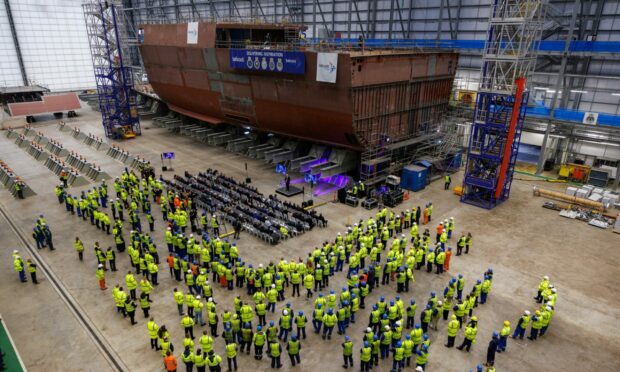
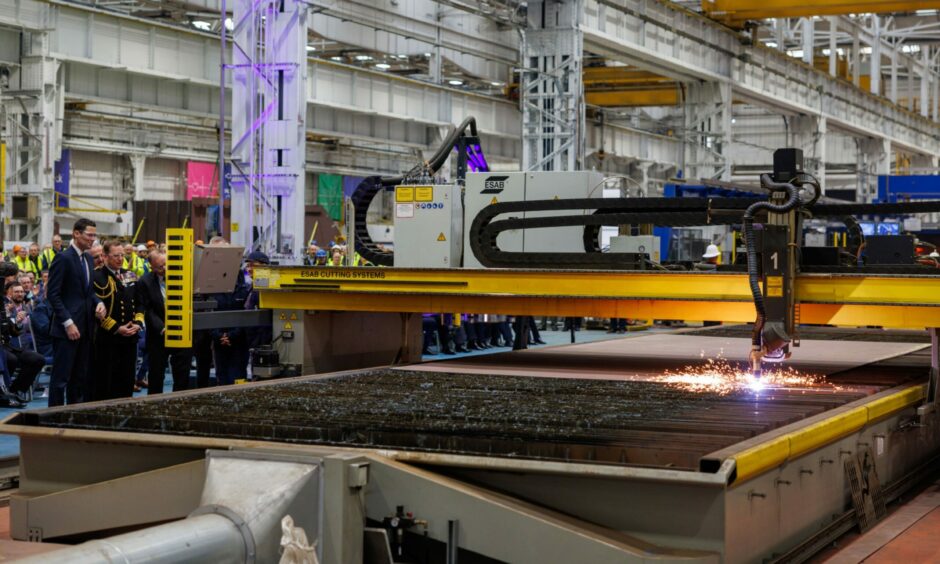
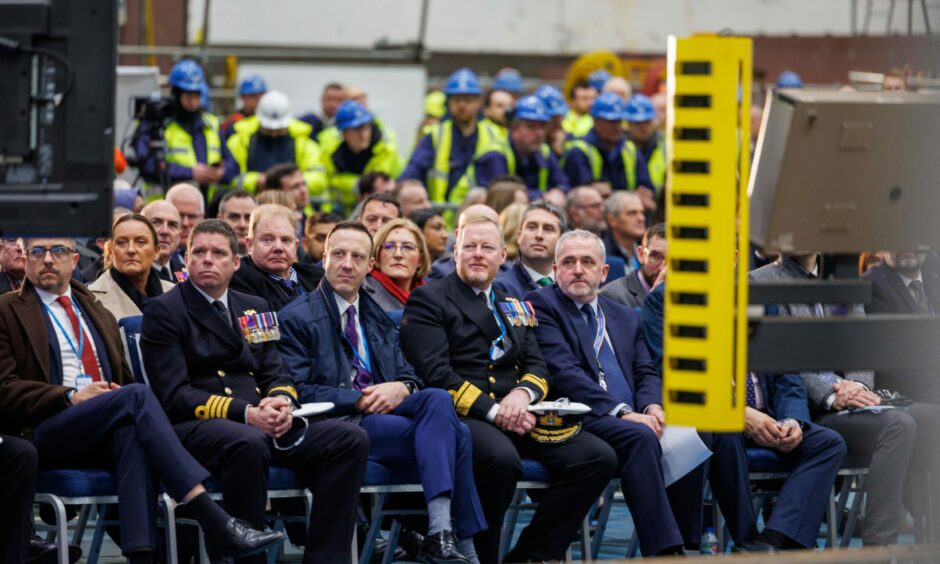
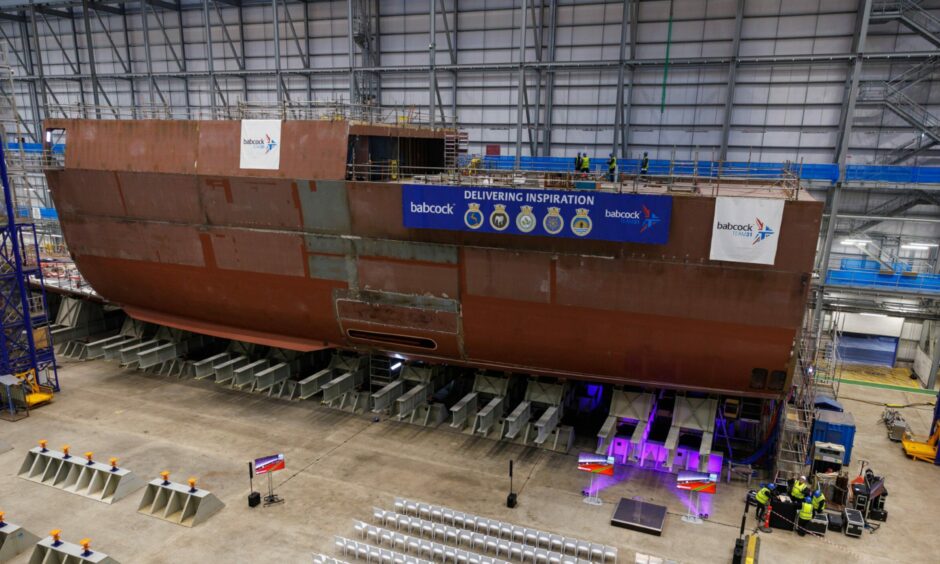
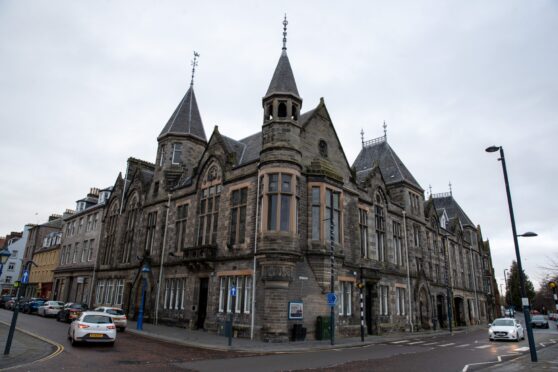
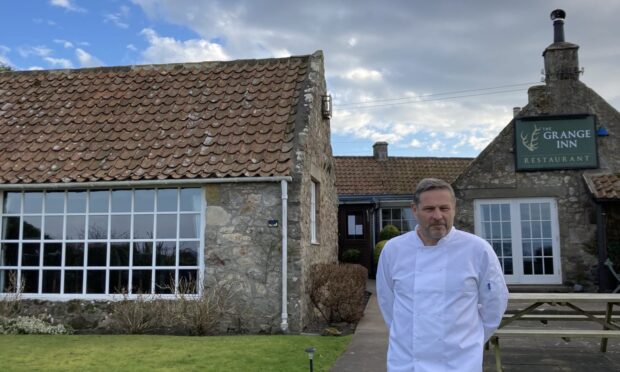

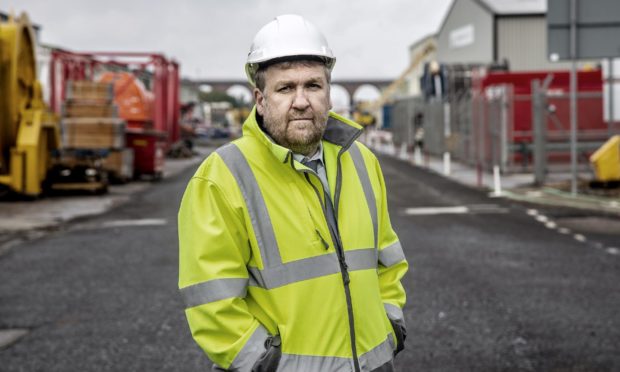






Conversation